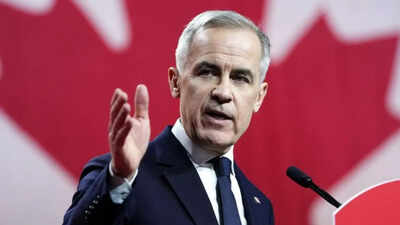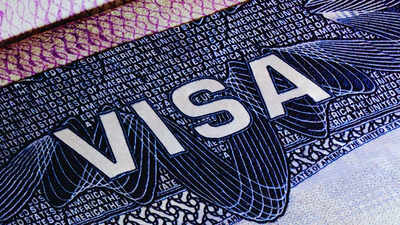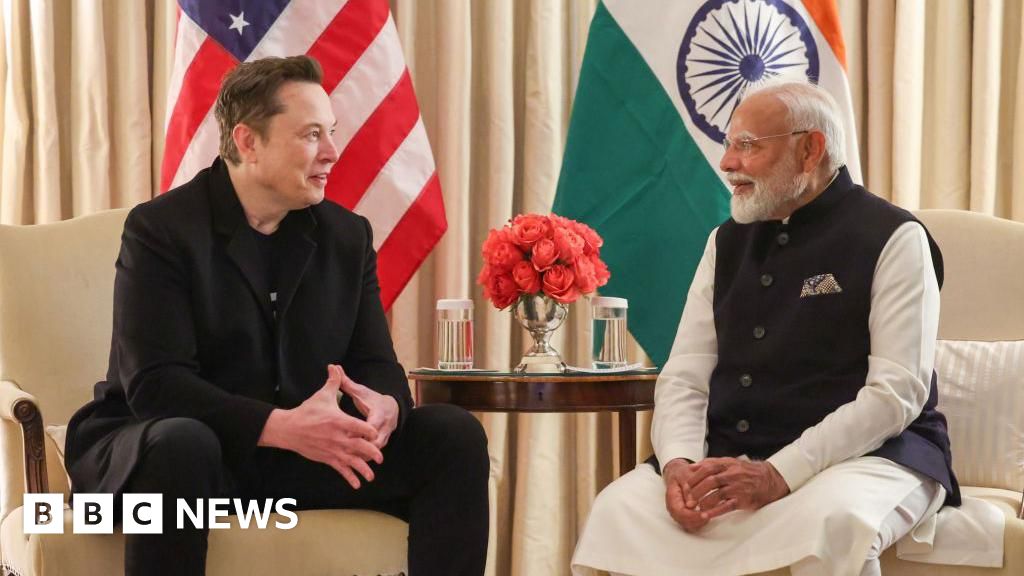Dozens Sentenced in Tunisia for Alleged Conspiracy Against State Security

Tunisia has witnessed a significant escalation in its political climate as dozens of opposition figures received hefty prison sentences due to alleged national security violations. A recent report from state media indicates that 40 individuals, including high-ranking opposition politicians, were sentenced on charges of conspiracy against state security and associated crimes. The sentences varied widely, ranging from 13 years to an astonishing 66 years, stirring controversy and raising eyebrows both domestically and internationally.
Among those convicted are notable figures such as a former justice minister and several diplomats, sparking fears that this judicial action is emblematic of President Kais Saieds increasingly authoritarian governance. Critics argue that the charges have been fabricated to suppress dissent and eliminate political opposition.
The Tunisian state news agency, TAP, cited an unnamed judicial official confirming the sentences. An official from the anti-terrorism prosecutors office elaborated, stating that the accused were found guilty of conspiracy against state security and of having connections to a terrorist group, which allegedly included collaborating with foreign powers to undermine Saieds presidency.
The trial, dubbed the conspiracy case, has been shrouded in ambiguity. It has been ongoing for approximately two years, and it remains uncertain whether all 40 defendants were present during the proceedings or if some were tried in absentia. Notably, around 20 individuals, including French intellectual Bernard-Henri Levy, were sentenced in absentia after fleeing Tunisia. Levy has been accused of facilitating connections between the defendants and foreign entities.
Human Rights Watch has condemned the trial, asserting that President Saied has weaponized the judicial system to target political opponents. Bassam Khawaja, the organizations deputy director for the Middle East and North Africa, criticized the arbitrary detention of individuals based on flimsy evidence and abusive legal practices.
On the eve of the sentencing, defense attorneys expressed outrage at the conduct of the trial, claiming that the judge began deliberations without allowing for a fair hearing of arguments from either the prosecution or the defense. In my entire life, I have never witnessed a trial like this. Its a farce; the rulings are ready, and what is happening is scandalous and shameful, lamented lawyer Ahmed Souab.
Authorities have accused several defendants, including former intelligence chief Kamel Guizani and various media figures, of conspiring to destabilize the nation and overthrow Saied's government. Some of the notable defendants, such as Issam Chebbi, Ghazi Chaouachi, and Jawhar Ben Mubarak, have been in custody since their arrests earlier in 2023. Chebbi is a prominent member of the opposition coalition known as the National Salvation Front.
The authorities want to criminalize the opposition, Chebbi asserted shortly before the sentencing. Despite facing intense criticism, President Saied has persistently denied claims of dictatorial behavior. In a statement from 2023, he labeled the accused politicians as traitors and terrorists, asserting that any judge who acquitted them would be complicit in their alleged crimes.
Saied's consolidation of power began in 2021, marked by the dissolution of parliament and the sacking of the former prime minister. Opposition leaders have condemned these actions, claiming they amount to a coup and are part of a broader strategy to stifle dissent and entrench a one-man rule.
Several high-profile opposition leaders are already incarcerated. Rached Ghannouchi, the head of the Ennahdha party, was arrested in April 2023. He received a one-year sentence for incitement and subsequently faced an additional 22 years in prison, linked to charges of plotting against state security. In a further twist, he was also sentenced to three years for accusations regarding his party's receipt of foreign contributions.


























